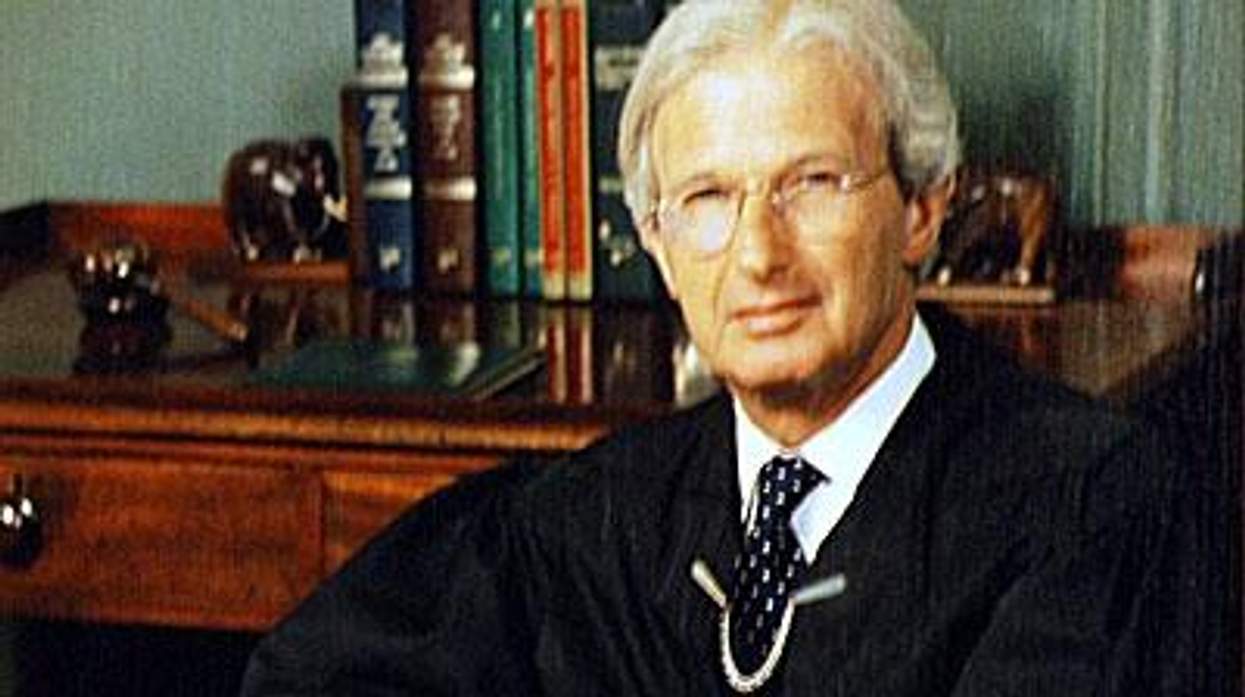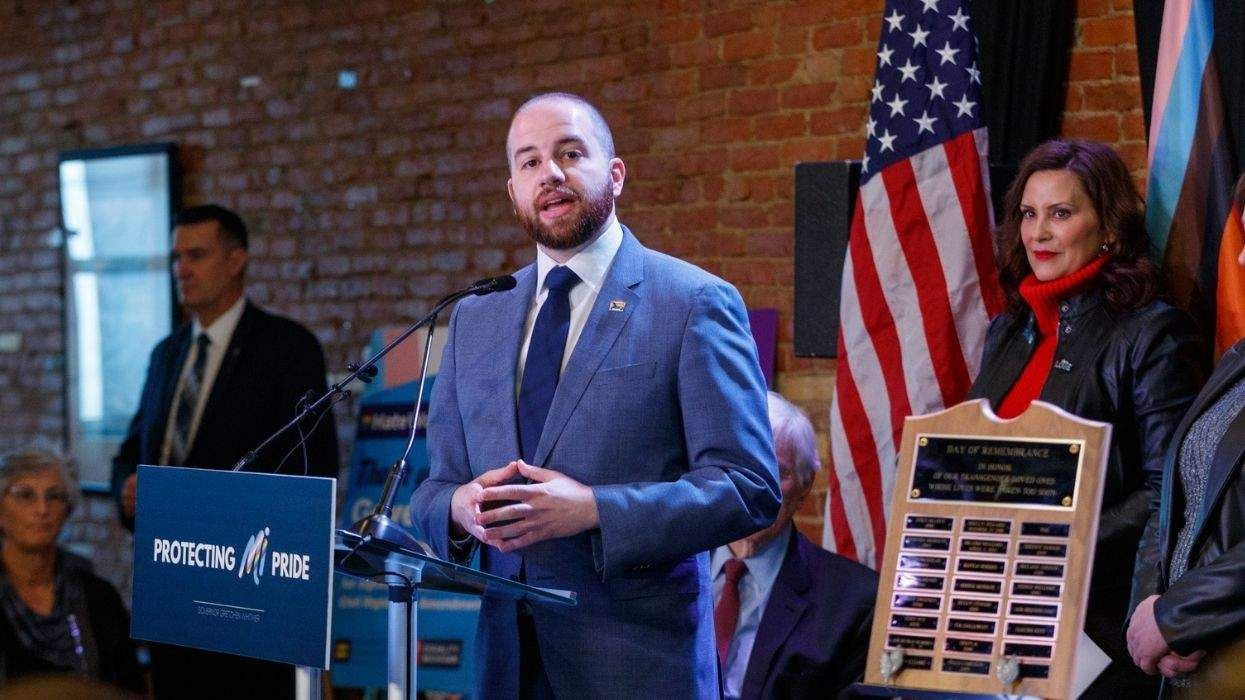In a shocking decision, U.S. District Judge Martin L.C. Feldman this week became the first federal judge to uphold a marriage ban since the Supreme Court overturned the so-called Defense of Marriage Act in June 2013.
The ruling presents a troubling misunderstanding of the facts in the case, going so far as to refer to marriage equality as "lifestyle choices recognition." Feldman also compares gay and lesbian coupling to incest and statutory rape.
The decision is so far outside the growing legal consensus around marriage that it is almost certain to be overturned. That would be a rare distinction for Feldman, known for having one of the lowest rates of overturned decisions in his district.
Until this ruling, Judge Feldman's career has been generally quiet and uncontroversial. He is a former Judge Advocate General lawyer, and Ronald Reagan nominated him to the bench in 1983. Feldman is considered extremely literal, and a colleague told The Wall Street Journal in 2010 that "it's no secret he's a conservative Judge." At the time, Feldman had recently converted from Judaism to Catholicism, and was an almost-daily churchgoer. He is friends with Supreme Court Justice Antonin Scalia.
A national spotlight has landed on Feldman only once before, in a case concerning BP's Deepwater Horizon catastrophe in the Gulf of Mexico. In the aftermath of the environmental disaster, the Obama administration imposed a temporary moratorium on drilling. After Feldman overturned that moratorium, it was revealed that he had a financial stake in several of the companies involved. He sold some of his stock in those companies just hours before issuing his decision.
An anonymous attorney once confided to the National Law Journal that he found Feldman "terrifying," and it's not difficult to see why.
In the early 1990s, Feldman (speaking for the court) had this exchange with an attorney:
The Court: ... The objection is overruled.
Plaintiff's counsel: I object, and I think it's reversible error.
Mr. Wiedemann, I must tell you that it's my job to try a case as best and as fairly as I can given the issues that are in the case. If I commit reversible error, the Fifth Circuit will remind me of that, sir, and not you. Get back to work.
I'm sure they will.
Get back to work before you end up in jail.
My job is to protect my client.
You have one more warning and then you are going to be very sorry.
I'm going to protect my client when I have to.
You may be doing it from jail.
I may be, but I'm going to.
Last time. Now, get back to your chair.
In that instance, the Fifth Circuit Court of Appeals did indeed remind Feldman of his error. On appeal, a three-judge panel ruled that Feldman's rebuke was so severe that it violated the plaintiff's right to a fair trial.
"We need hardly remind that a trial judge should never sanction an attorney in the presence of the jury," the Fifth Circuit wrote, reversing Feldman's decision and remanding the case for a new trial.
It was one of only a handful of cases in which Feldman's ruling would be overturned. In time, his marriage decision may meet the same fate.















